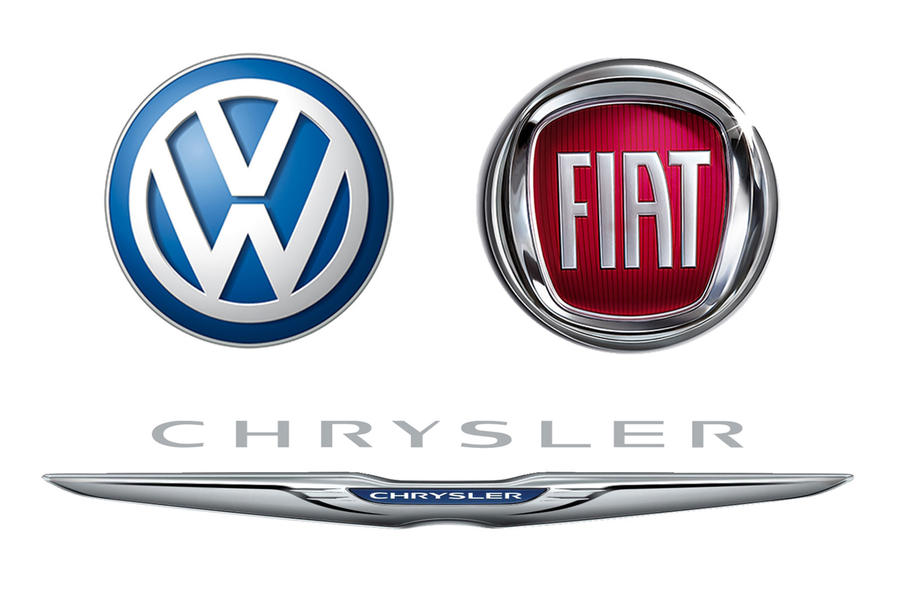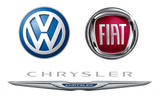Ferdinand Piech, chairman of Volkswagen’s supervisory board, has long wanted to see the VW Group become the largest auto maker in the world. It currently has 12 brands, whose production spans everything from city cars to heavy trucks.
The world’s largest car maker last year was Toyota with 9.98 million sales, followed by General Motors (9.71m) and the VW Group (9.7m).
Earlier this year, according to sources at VW, company strategists came up with a plan that would have seen the VW Group expand in size by around 50 per cent and become the unassailable leader in the global car market.
The scheme was remarkably simple: it envisaged VW buying a controlling stake in Fiat Chrysler Automobiles (FCA) and folding the Italian and American brands into its ambitious global platform strategy.
The resulting 17-brand conglomerate would have sold nearly 15 million cars per year and would have been known as Auto Union.
However, this ambitious plan never got much further than the first stages of consideration. Insiders say that by the end of April this year, financial red lights had started flashing within VW’s Wolfsburg HQ.
Rather than being in a position to create the world’s biggest car maker and execute probably the most ambitious merger plan in automotive history, VW Group management is now involved in a major fire-fighting exercise.
Although it is selling huge numbers of cars and makes healthy profits, the core VW brand – which accounts for 5.9m of the group’s 9.7m sales – saw its profit margins slide below two per cent for the first half of 2014, with a risk of even lower margins next year.
With rivals Toyota and Hyundai making margins of over eight per cent with their mainstream cars, the mighty VW brand is, by comparison, in trouble.
According to industry reports, Volkswagen CEO Martin Winterkorn is looking at cost savings of £4bn per year from 2017. These plans could see a number of ‘low profit’ models simply chopped. For example, the Eos (7651 sales last year) and Scirocco (23,400 sales) could be axed.
The Volkswagen Up city car family will also come under scrutiny, because its expensively engineered NSF platform is shifting less than 200,000 units per year in VW, Skoda and Seat guises.
The next two years will be a whirlwind of activity at the wider VW Group as it struggles to rationalise product development, production and production costs. It is clearly in no position to attempt any kind of further mergers or acquisitions.














Join the debate
Add your comment
Bad Company
Although due to unreliability problems with the Volkswagen Golf. The US public no longer rate Volkswagen.
I’m not sure that Volkswagen could help Fiat, as they already have a plan to move forward.
They previously tried to buy Alfa Romeo (according to Fiat) by trying to get in the doors and then though the windows. It would appear now they are trying to feed German magazines with made up stories.
Everyone seems to have opinion on who’s good and who’s bad in the car industry. Plus the Car magazines generally tell people what they want to hear.
I will leave to another car manufactories view, quote below:
‘Osamu Suzuki wrote in a July newspaper column in the Nikkei that he hasn't found any VW technologies he'd like to adopt following an extensive review of what they have to offer’
This was before Suzuki bought diesel engines from Fiat.
It is NOT a pitty it didn't happen
VW Group is a curse on genuine variety and on journalism with its 'one car in slightly different costumes' business model.
They are pretty good cars, but they are essentially all the same underneath.
Just the suggestion of a Golf with a Fiat badge makes me weep.
I too am glad
Quality Perception
Well, according to the Reliability Index, with 150.0 points the Bravo is more reliable than the equivalent Audi A3 (175.0) and SEAT Leon (174.0) - the lower the score the better - but it's less reliable than the British-built Vauxhall Astra (126.0), Rover 45 (104.0), Nissan Almera (55.0), Toyota Auris (35.0) and Honda Civic (32.0)!